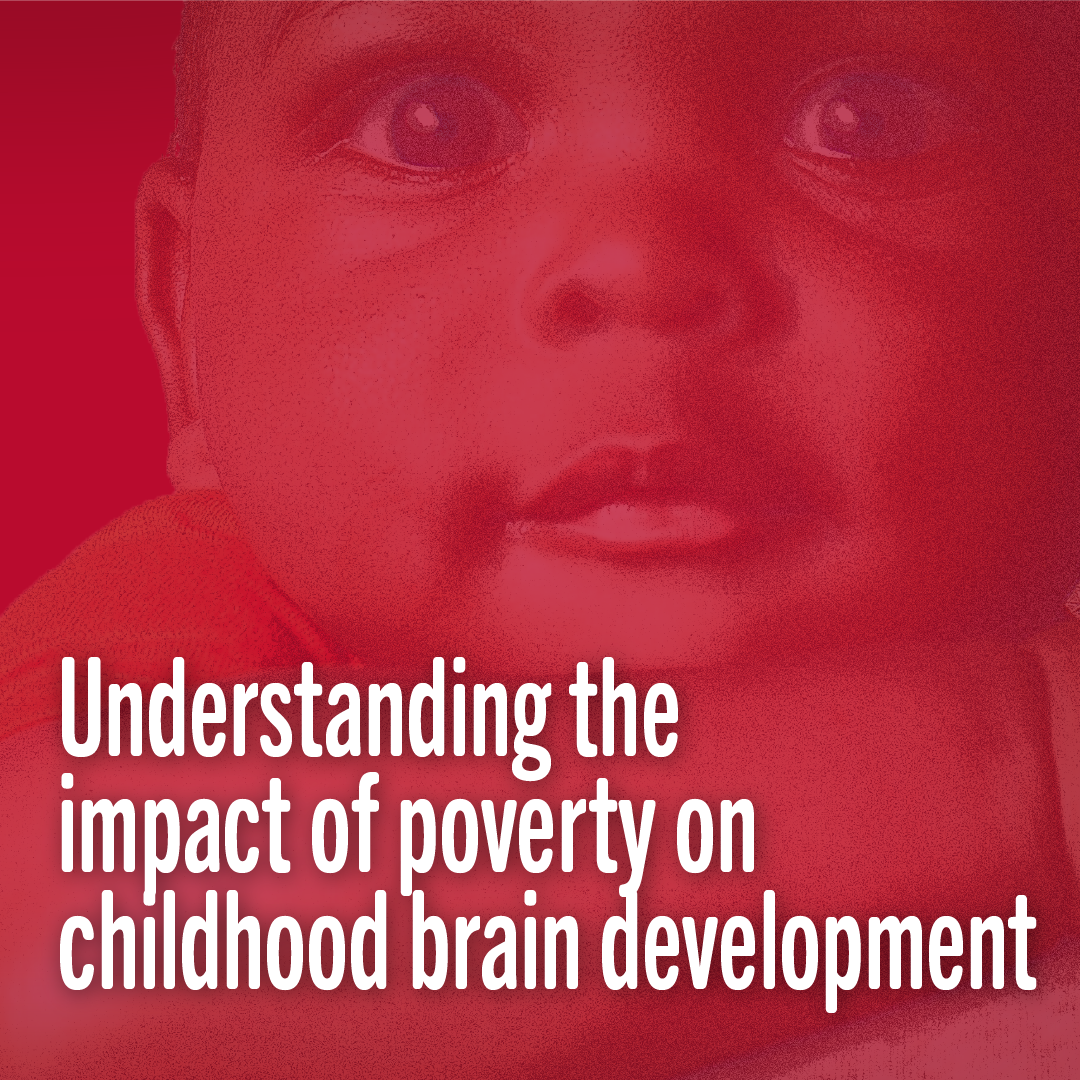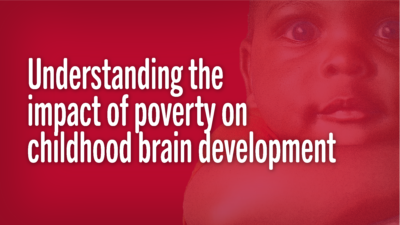2022 Gene Brody Symposium–March 2

 We have known for a long time that being born into an impoverished environment can lead to a number of negative outcomes for children. One of those is that children from disadvantaged backgrounds tend to be behind more advantaged children in their cognitive development. But what are the mechanisms through which this happens? Does poverty affect cognitive development indirectly by reducing access to resources like quality housing and nutrition, or is it the actual presence or absence of income?
We have known for a long time that being born into an impoverished environment can lead to a number of negative outcomes for children. One of those is that children from disadvantaged backgrounds tend to be behind more advantaged children in their cognitive development. But what are the mechanisms through which this happens? Does poverty affect cognitive development indirectly by reducing access to resources like quality housing and nutrition, or is it the actual presence or absence of income?
Join us for a discussion with Kimberly Noble, MD, PhD–Professor of Neuroscience and Education at Columbia University–to explore the relation between poverty and child development including learning more about a ground-breaking study underway to learn if simply reducing poverty alone can affect brain development positively. The discussion will be broadcast live on here on YouTube.
March 2, 1:00-200 pm EST
Have a question for Dr. Noble? Send it to symposium@uga.edu ahead of time or during the broadcast.

Kimberly Noble, MD, PhD, is a Professor of Neuroscience and Education at Teachers College, Columbia University. As a neuroscientist and board-certified pediatrician, she directs the Neurocognition, Early Experience and Development (NEED) lab, where she and her team study how socioeconomic inequality relates to children’s cognitive, emotional, and brain development. Her work examines socioeconomic disparities in cognitive development, as well as brain structure and function, across infancy, childhood, and adolescence.
The Gene Brody Symposium honors Regents Professor and the Center for Family Research Co-Director, Dr. Gene Brody
